Our Philosophy
“When children come into contact with nature, they reveal their strengths.”
Our Christian Teaching
As a ministry of the Stroh Church of Christ, Agape exemplifies the loving principles of the Lord Jesus Christ. We strive to love and educate every child and family that comes into our program. We teach children the timeless stories of the Bible, integrated with songs and scriptures. Our staff models Christian principles in the classrooms and in their daily lives.
What is Montessori?
Montessori students learn to think critically, work collaboratively, and act boldly—a skill set for the 21st century.
The Montessori Method of education, developed by Dr. Maria Montessori, is a child-centered educational approach based on scientific observations of children from birth to adulthood. Dr. Montessori’s Method has been time tested, with over 100 years of success in diverse cultures throughout the world.
It is a view of the child as one who is naturally eager for knowledge and capable of initiating learning in a supportive, thoughtfully prepared learning environment. It is an approach that values the human spirit and the development of the whole child—physical, social, emotional, cognitive.
Components necessary for a program to be considered authentically Montessori include multi-age groupings that foster peer learning, uninterrupted blocks of work time, and guided choice of work activity. In addition, a full complement of specially designed Montessori learning materials are meticulously arranged and available for use in an aesthetically pleasing environment.
The teacher, child, and environment create a learning triangle. The classroom is prepared by the teacher to encourage independence, freedom within limits, and a sense of order. The child, through individual choice, makes use of what the environment offers to develop himself, interacting with the teacher when support and/or guidance is needed.
Multi-age groupings are a hallmark of the Montessori Method: Younger children learn from older children; older children reinforce their learning by teaching concepts they have already mastered. This arrangement also mirrors the real world, where individuals work and socialize with people of all ages and dispositions.
Dr. Montessori observed that children experience sensitive periods, or windows of opportunity, as they grow. As their students develop, Montessori teachers match appropriate lessons and materials to these sensitive periods when learning is most naturally absorbed and internalized.
In early childhood, Montessori students learn through sensory-motor activities, working with materials that develop their cognitive powers through direct experience: seeing, hearing, tasting, smelling, touching, and moving.
The benefits of Montessori are that Montessori students learn to think critically, work collaboratively, and act boldly—a skill set for the 21st century.
Christian Montessori Teachers
It’s often hard to spot the teacher in a Montessori classroom. She may be sitting with a preschooler next to a floor mat, arranging colored rectangles from darkest to lightest, or intently observing as a handful of children examines a leaf. She won’t be presenting information for rote learning. Rather, she’ll be demonstrating specially designed learning materials that serve as a springboard for investigation and discovery. At the heart of the Montessori Method is the concept that mastery is best achieved through exploration, imitation, repetition, and trial and error. The teacher thoughtfully prepares a classroom environment with materials and activities that meet his students’ unique interests, academic level, and developmental needs. These she introduces to each child sequentially, laying the foundation for independent learning. Always, the teacher is aware of each student’s progress as she works toward mastering the particular concept or skill. She knows when to step in to offer special guidance, and when to challenge a student with the next step in a learning sequence. Ch
Mentor, Model,Guide
Montessori education addresses the whole child: his physical, social, emotional, and cognitive growth. As well as helping each child become an independent learner, the teacher helps the child turn their attention outward, fostering community, collaboration, and respect for the dignity of others. Teachers educated in the Montessori Method bring distinctive skills to the task. Their quiet orchestrations lead to magical moments as young children exclaim “I learned it myself!”—and older students think it. Called a “directress” by founder Dr. Maria Montessori (back in the day when teachers were mostly women!) and sometimes known as a “guide”, the Montessori teacher plays many roles as she directs, or guides, her students.
Skilled Observer
Through careful observation, our teachers come to know each student’s interests, learning style, and temperament. She understands the student’s developmental needs and is receptive to her “sensitive periods,” when she is most ready to learn a new concept or skill. With this information the teacher chooses materials and lessons that will capture the student’s attention and entice her to learn. When he observes that the student has mastered a concept or skill, he introduces new lessons that become increasingly complex and abstract.
Creative Facilitator
The teacher serves as a resource as students go about their work. She offers encouragement, shares their triumphs, and steers them to greater understanding. She helps them advance through the curriculum as they master new skills, so they are continually challenged and eager to learn. As students progress, the teacher modifies the classroom environment, adjusting the learning materials to meet the students’ changing needs.
Character Builder
A Christian Montessori class is a close-knit community, fertile ground for nurturing the qualities that help children and youth become citizens of the world and stewards of God’s planet. By her own behavior and attitudes, the teacher models values such as empathy, compassion, and acceptance of individual differences. She encourages the students to be courteous and kind. And she brings students together in collaborative activities to foster teamwork, responsibility, self-discipline, and respect.
“Agape is a stepping-stone to a child’s future; giving them purpose and significance in their little lives. The Christian teaching is such a blessing.”



